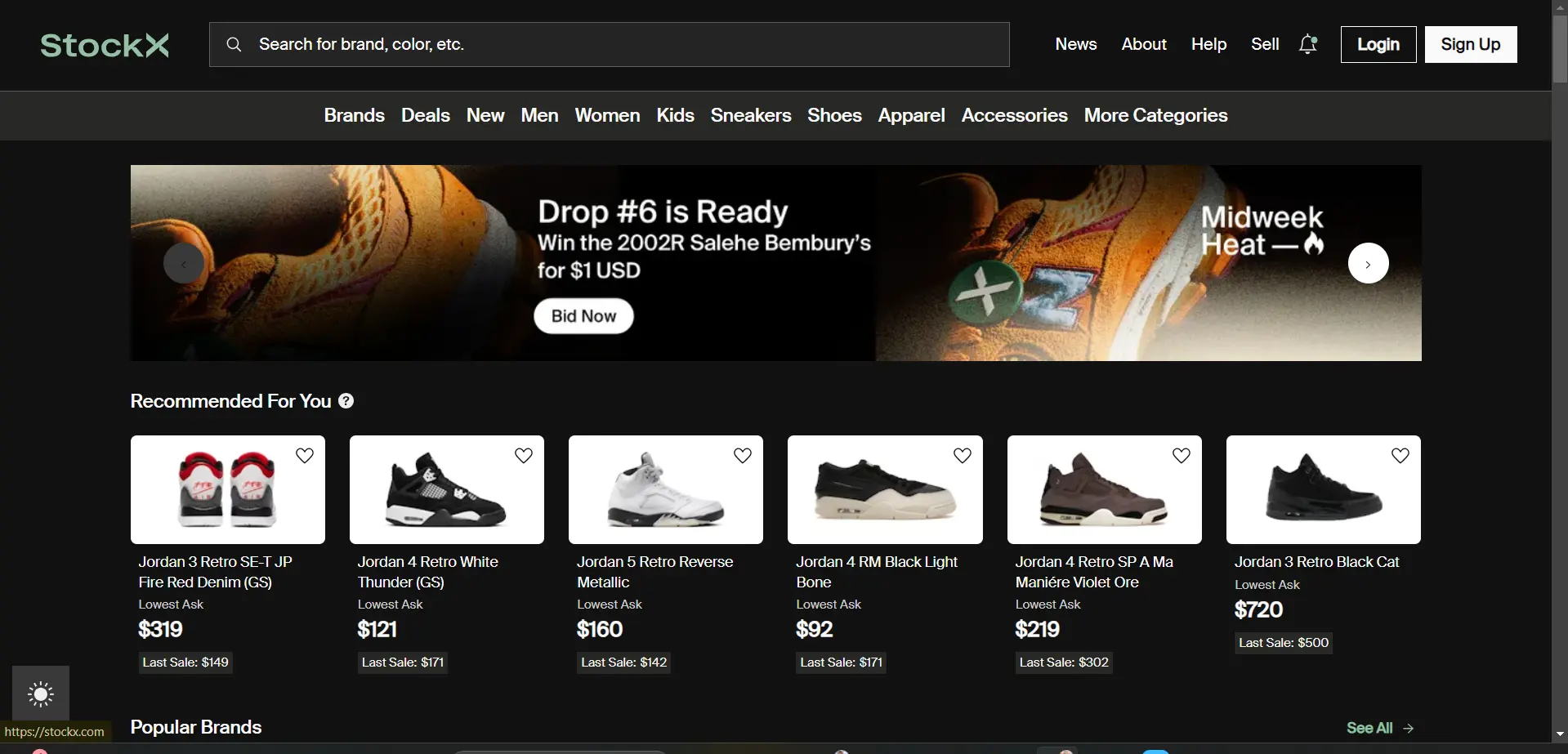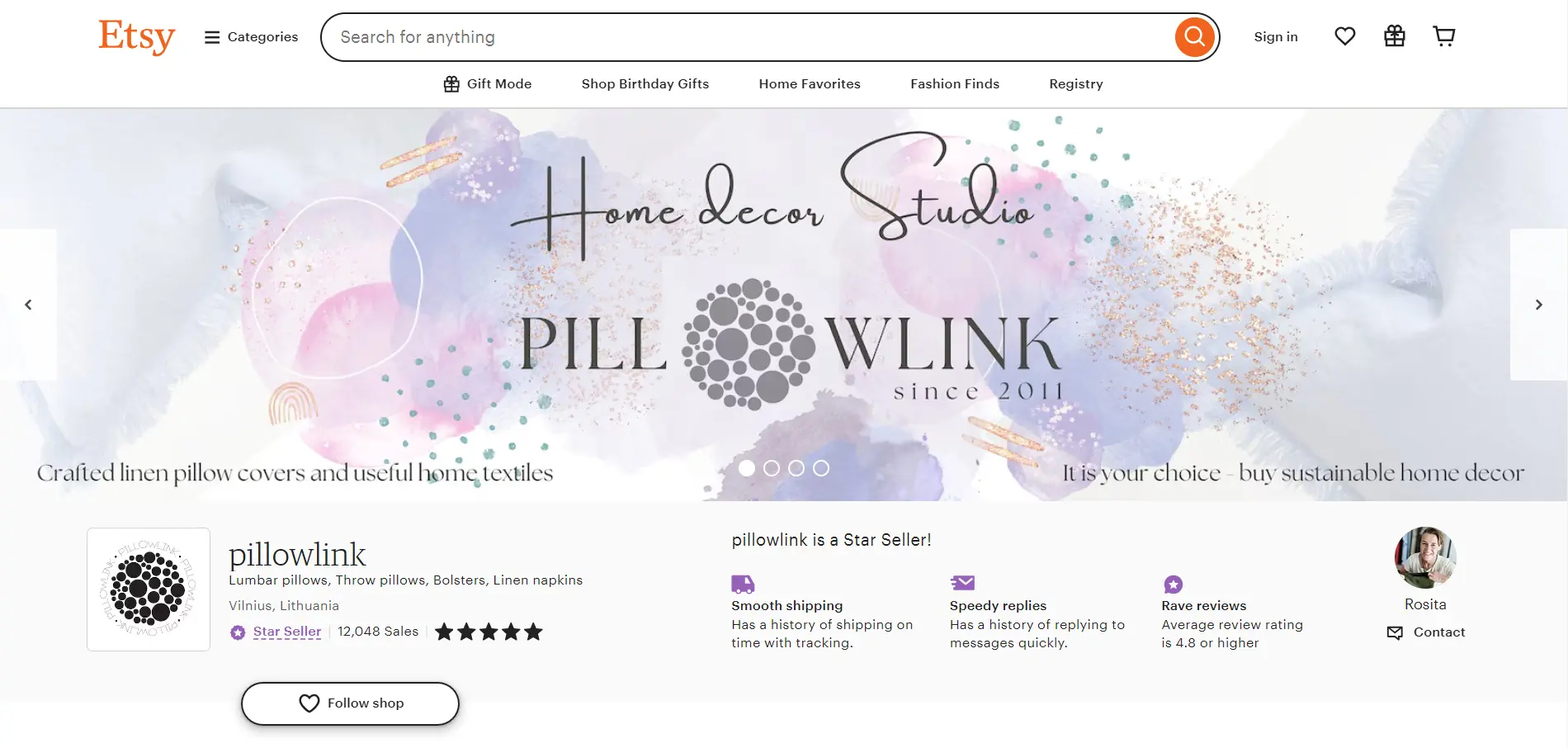Introduction
In the ever-growing area of e-commerce cornered by giants like Amazon and Alibaba, there coexists an entire ecosystem of niche marketplaces serving special interests and communities. Others include etsy, for handmade goods, and StockX, a present for sneaker enthusiasts. Such platforms have been able to build successful spaces by focusing on particular markets often overlooked by larger platforms.
The rise of these niche marketplaces can’t be simply said to be a trend, but rather indicative of the changing dynamics of online shopping and consumer behavior.
Niche Platforms in Digital Marketplace
Niche marketplaces succeed by zeroing in on certain needs and passions that broader platforms are not so well equipped to handle. Take Etsy, for example—it’s the go-to marketplace venue for handmade or repurposed items. Its success lies in the fact that it managed to bring into being a marketplace through which artisans and crafters could sell their uniquely special products to the world. This creates an appeal unlike mass-produced items found on larger platforms, and consumers want authenticity and originality.

On the other hand, StockX has capitalized off of this renewed interest in sneaker culture by offering an online marketplace through which limited quantities of sneakers and other streetwear apparel could be bought and sold. Most unique to the nature of StockX is its stock market-like functionality, where prices move based on demand versus supply fluctuations. This gamification component—coupled with a strong emphasis placed upon authenticity—has positioned StockX as the go-to platform for many sneakerheads who participate in both the product and the buying and selling experience.

It is in understanding their customers at a deeper level than larger and more generalized platforms that these niche platforms come into their own. Customized experiences that resonate with certain communities make the users feel they belong to the group, hence ensuring the loyalty of the users; this has been a big success factor behind niche marketplaces—community and specialization.
Authoritativeness
A market research report by McKinsey indicated that, increasingly, specialization was the future of e-commerce. The trend would shift to consumers’ willingness to pay a premium price for goods aligned with values or tastes. This acceleration fuels the growth of niche marketplaces, uniquely positioned to satisfy such demands through their curated picks in giving in to particular tastes.
According to Karen Webster, chief executive of Market Platform Dynamics, “Niche marketplaces succeed because they understand their customers on a deeper level.” That is to say, with deeper knowledge, the platforms are better positioned to curate offerings relevant to the target audience and drive community and loyalty—something the larger platforms can’t duplicate. These insights from Webster underscore the very fundamental basis of consumer connection driving success for niche platforms.
Moreover, the rise of these platforms is not simply a fad, but representative of deeper shifts in consumer behavior. As individuals become more discerning in their purchasing choices, they are increasingly gravitating toward platforms that represent products and experiences that reflect their unique identity and value systems. This has generated a raft of niche marketplaces that cater to everything from gourmet foods to eco-friendly products, further fragmenting how people shop online.
Trustworthiness
The key here in these niche marketplaces is how confidence they cultivate in their users. Compared to larger platforms, where buyers might just be identities, niche marketplaces give significant importance at times to transparency and authenticity to create a personalized experience built on trust for shopping.
For example, Etsy features detailed profiles of each seller, customer feedback, and a very transparent return policy that will help ensure that when customers know they will get a high-quality, authentic product. The extent of openness presents a solid basis for building trust in a marketplace where uniqueness, as in many such marketplaces specializing in handmade items, can be an end in itself.

StockX has built its reputation on rigorous authentication. Every item sold on the platform is checked by experts before it ever ships, ensuring customers get exactly what they’re paying for. Their commitment to authenticity has built StockX a strong reputation in the sneaker community, plagued by counterfeiting. It’s not only about the product; the focus on trustworthiness goes much further. Many of these niche-for-niche marketplaces may also concentrate on corporate social responsibility fields such as fair trade, sustainability, and small businesses. The niches can therefore tap into that pool of consumers most concerned with these values when making purchase decisions, thereby strengthening brand loyalty.
Conclusion
This will change, giving way to niche marketplaces and e-commerce offering tailored shopping experiences through singular goods. Already, based on executing certain interests through which trust has been built with their users, there are opportunities set within the otherwise competitive e-commerce marketplace. As consumer preference changes so too do niche marketplaces, and in the future of online shopping, opportunities will exist for both entrepreneurs and consumers who hold common passions to connect over those shared interests. Niche marketplaces are a breath of fresh air in times when consumers are threshed with options—thoughtfully selected choices, really connect to their real audience. As these platforms promise more in the future and end up eventually molding the future of commerce online, they shall set a new definition for what it means to shop online today. Success stories in today’s digital marketplaces remind us that there still exists space for specialized, community-driven experiences that heed the diversity of our interests and values.











